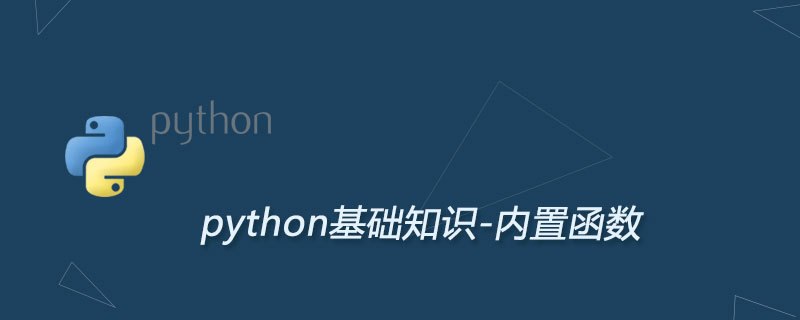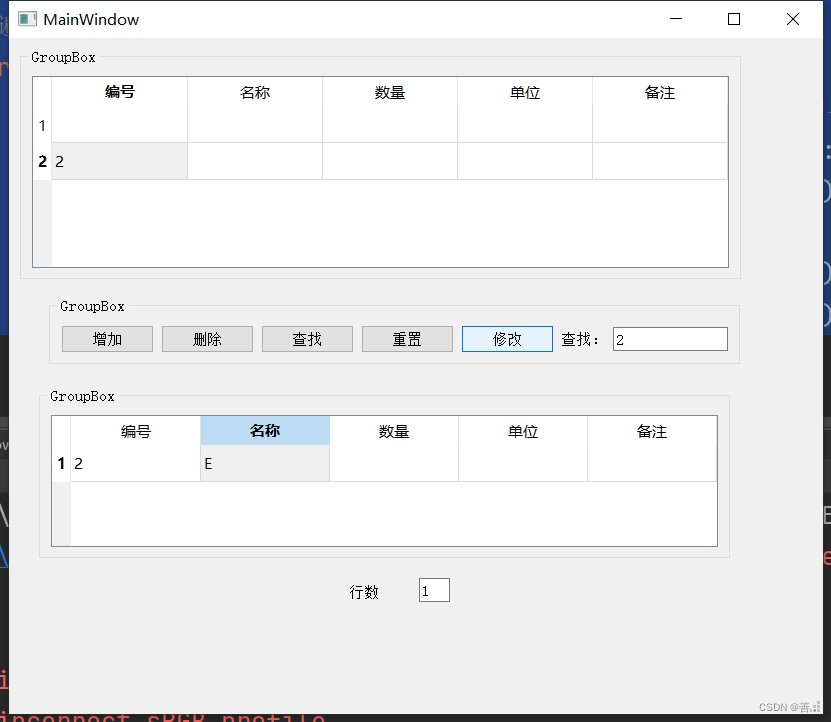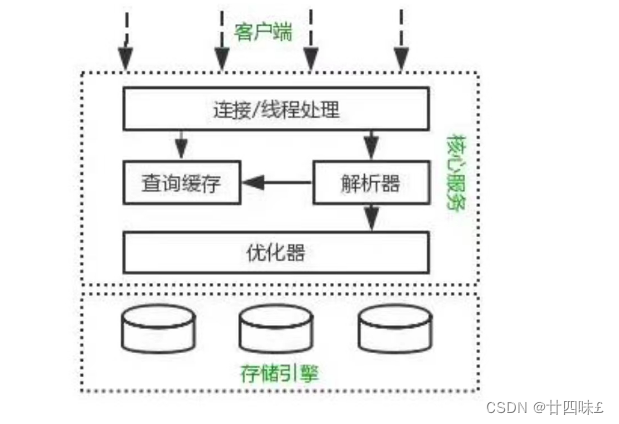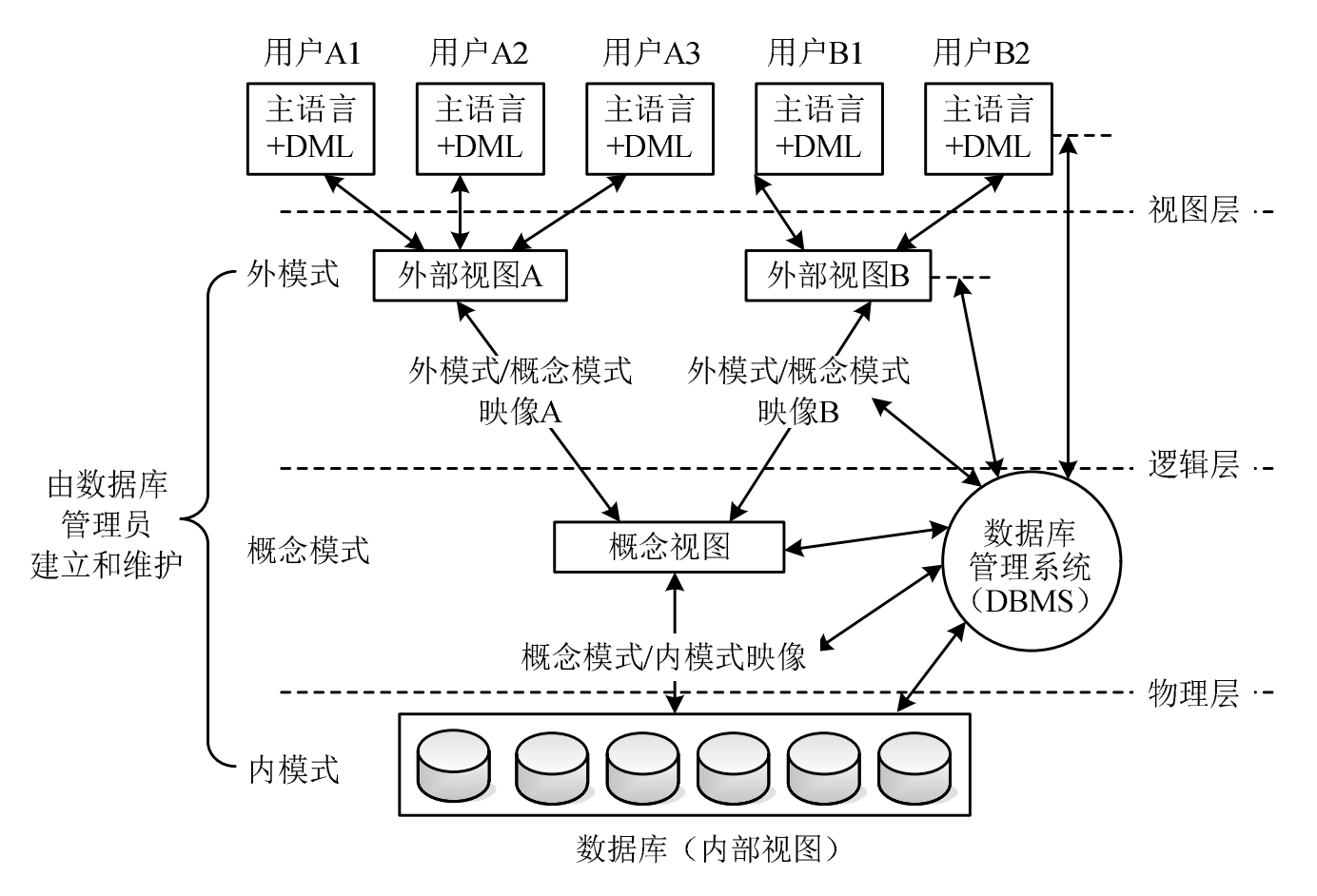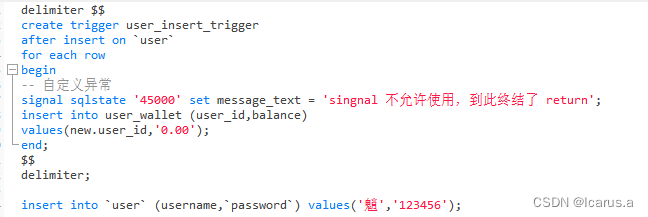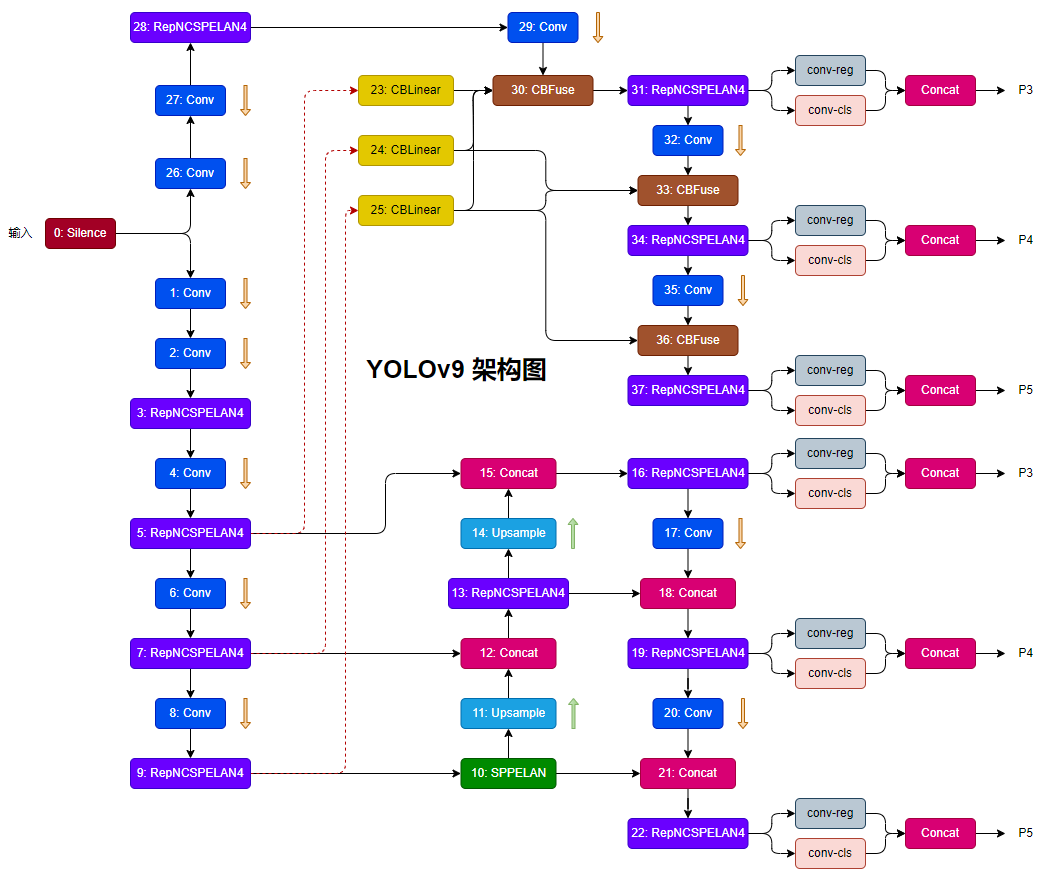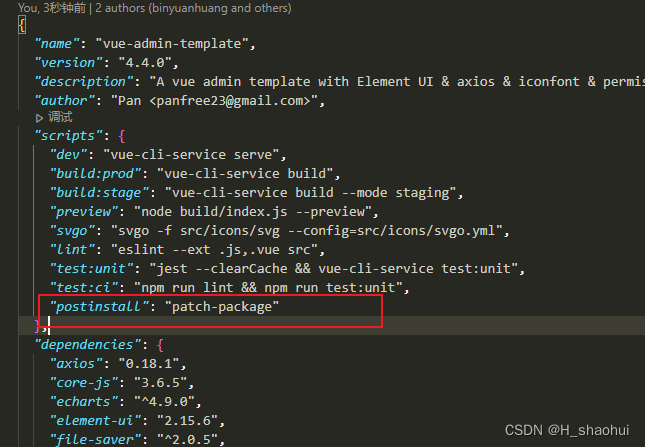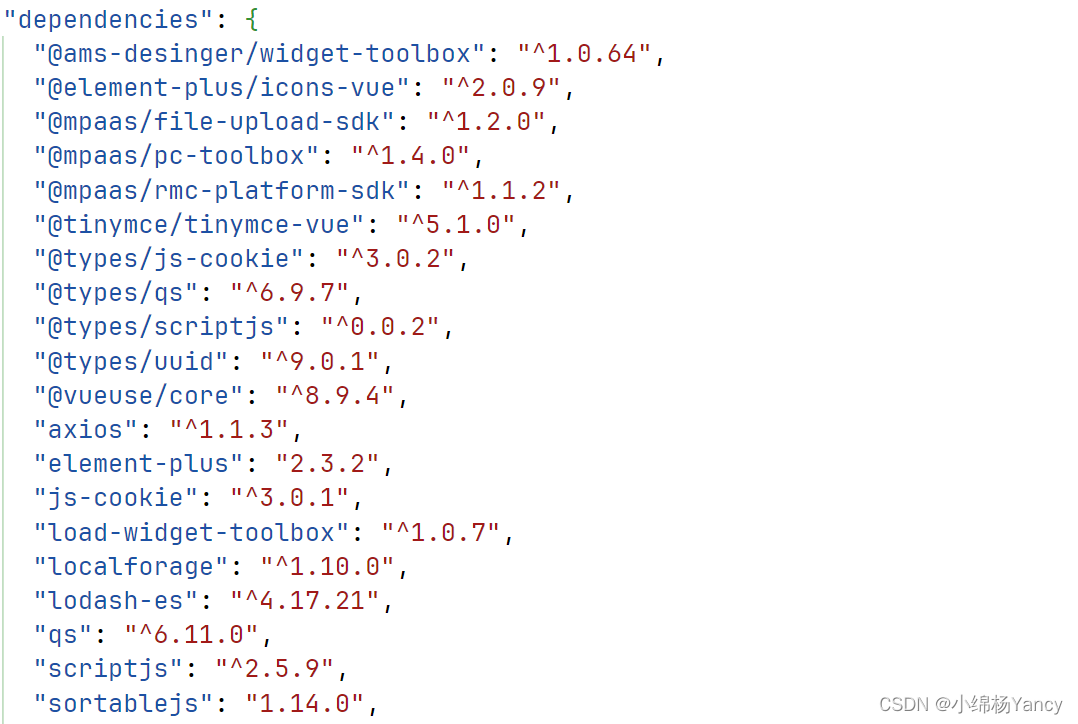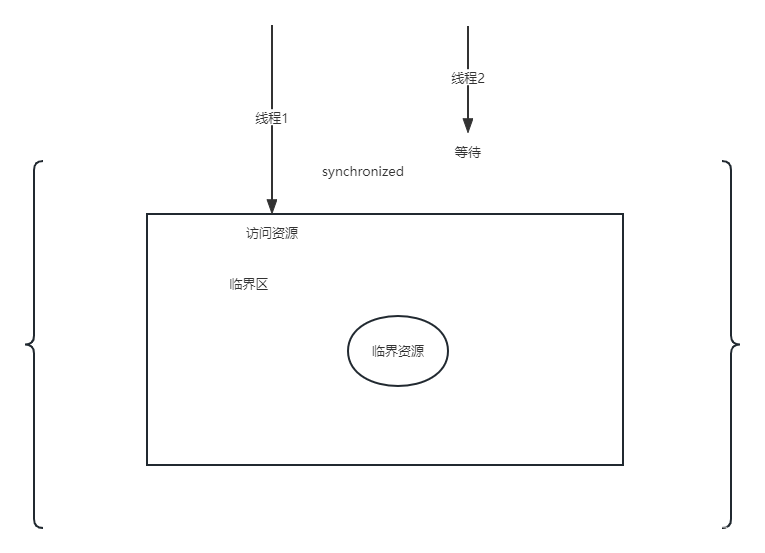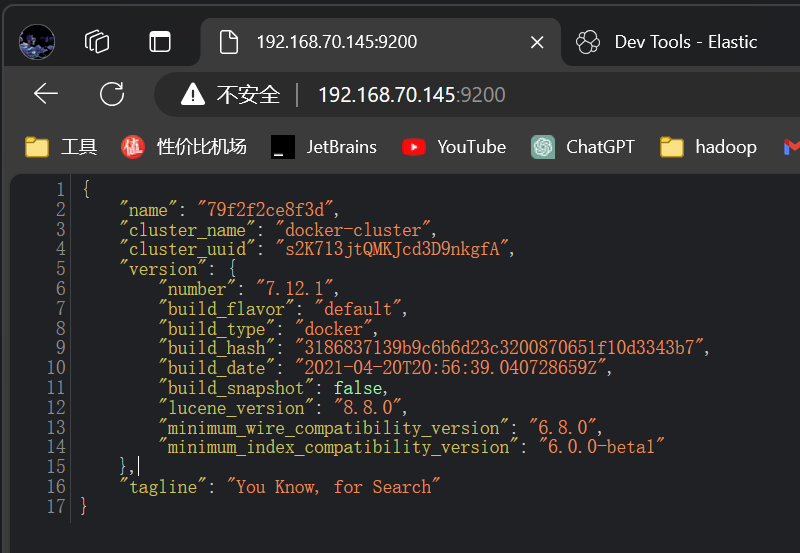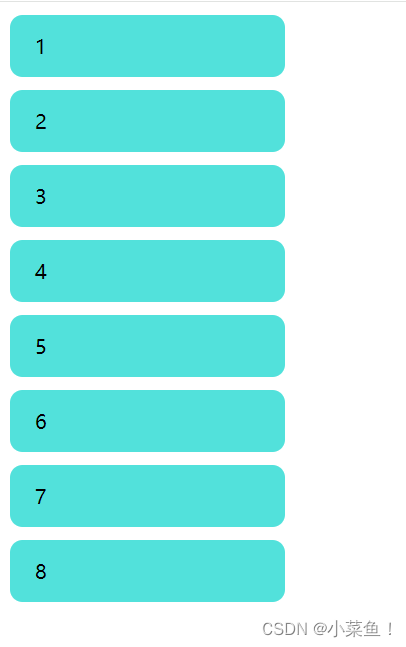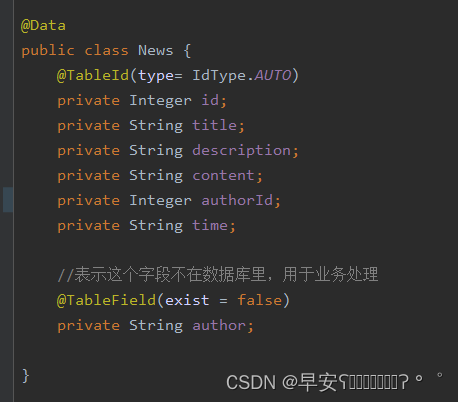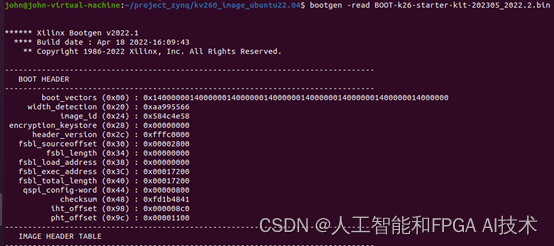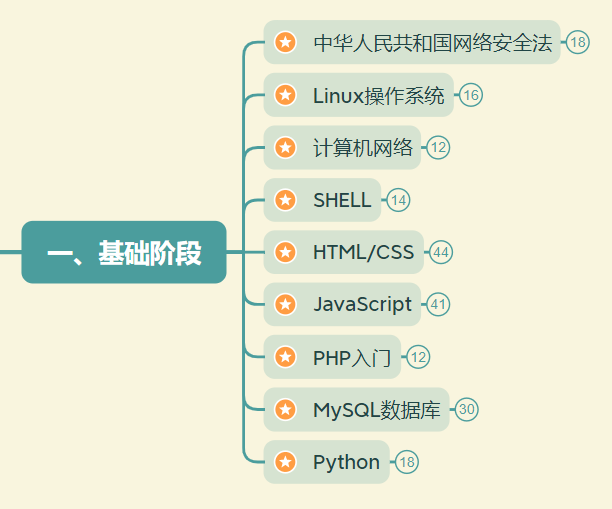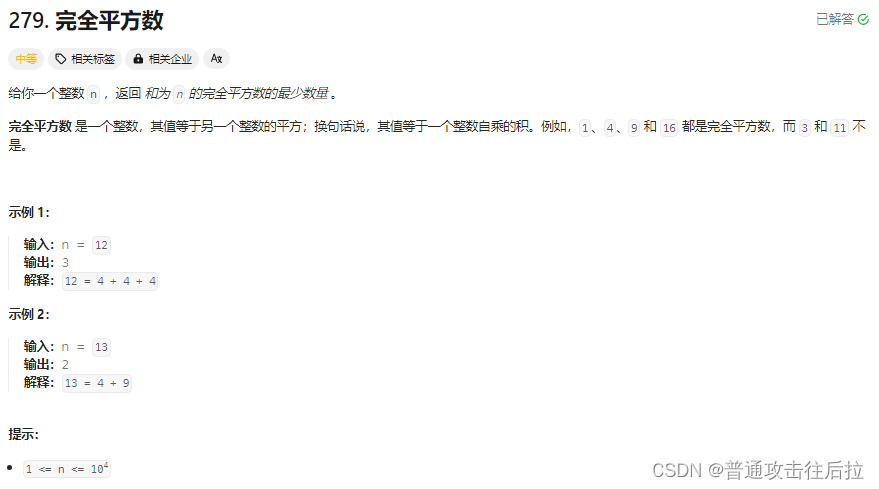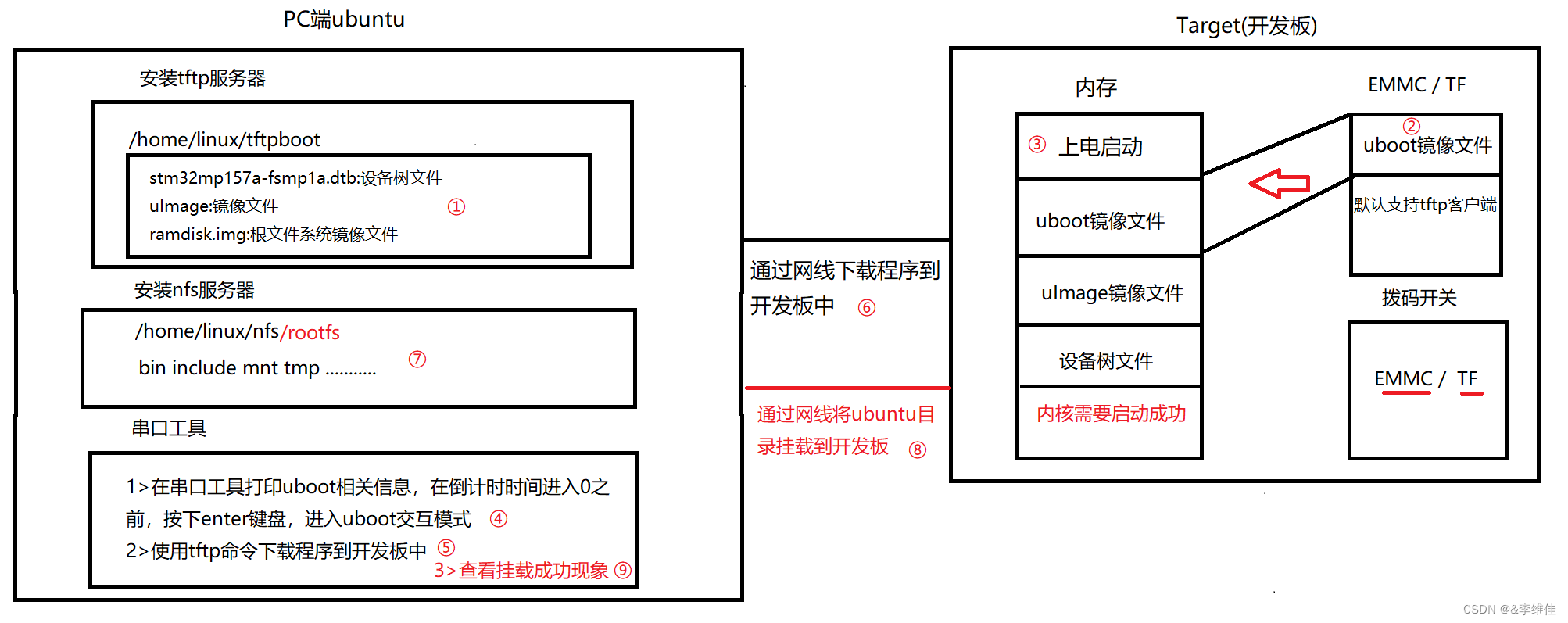python内置函数 Z
Python 解释器内置了很多函数和类型,任何时候都能使用。
Z
| 名称 | 描述 |
|---|---|
| zip | 返回元组的迭代器。 |
zip(*iterables, strict=False)
在多个迭代器上并行迭代,从每个迭代器返回一个数据项组成元组。
示例:
>>> for item in zip([1, 2, 3], ['sugar', 'spice', 'everything nice']):
... print(item)
...
(1, 'sugar')
(2, 'spice')
(3, 'everything nice')
更正式的说法: zip() 返回元组的迭代器,其中第 i 个元组包含的是每个参数迭代器的第 i 个元素。
不妨换一种方式认识 zip() :它会把行变成列,把列变成行。这类似于 矩阵转置 。
zip() 是延迟执行的:直至迭代时才会对元素进行处理,比如 for 循环或放入 list 中。
值得考虑的是,传给 zip() 的可迭代对象可能长度不同;有时是有意为之,有时是因为准备这些对象的代码存在错误。Python 提供了三种不同的处理方案:
默认情况下,
zip()在最短的迭代完成后停止。较长可迭代对象中的剩余项将被忽略,结果会裁切至最短可迭代对象的长度:>>> list(zip(range(3), ['fee', 'fi', 'fo', 'fum'])) [(0, 'fee'), (1, 'fi'), (2, 'fo')]通常
zip()用于可迭代对象等长的情况下。这时建议用strict=True的选项。输出与普通的zip()相同:>>> list(zip(('a', 'b', 'c'), (1, 2, 3), strict=True)) [('a', 1), ('b', 2), ('c', 3)]与默认行为不同,如果一个可迭代对象在其他几个之前被耗尽则会引发
ValueError:>>> for item in zip(range(3), ['fee', 'fi', 'fo', 'fum'], strict=True): ... print(item) ... (0, 'fee') (1, 'fi') (2, 'fo') Traceback (most recent call last): ... ValueError: zip() argument 2 is longer than argument 1如果未指定
strict=True参数,所有导致可迭代对象长度不同的错误都会被抑制,这可能会在程序的其他地方表现为难以发现的错误。为了让所有的可迭代对象具有相同的长度,长度较短的可用常量进行填充。这可由
itertools.zip_longest()来完成。
极端例子是只有一个可迭代对象参数,zip() 会返回一个一元组的迭代器。如果未给出参数,则返回一个空的迭代器。
小技巧:
可确保迭代器的求值顺序是从左到右的。这样就能用
zip(*[iter(s)]*n, strict=True)将数据列表按长度 n 进行分组。这将重复 相同 的迭代器n次,输出的每个元组都包含n次调用迭代器的结果。这样做的效果是把输入拆分为长度为 n 的块。zip()与*运算符相结合可以用来拆解一个列表:>>> x = [1, 2, 3] >>> y = [4, 5, 6] >>> list(zip(x, y)) [(1, 4), (2, 5), (3, 6)] >>> x2, y2 = zip(*zip(x, y)) >>> x == list(x2) and y == list(y2) True
在 3.10 版本发生变更: 增加了 strict 参数。
# 创建两个列表
list1 = [1, 2, 3]
list2 = ['a', 'b', 'c']
# 使用zip()将两个列表的元素配对
zipped = zip(list1, list2)
# 将zip对象转换为列表以便查看其内容
zipped_list = list(zipped)
print(zipped_list) # 输出: [(1, 'a'), (2, 'b'), (3, 'c')]
# 如果两个列表长度不同,zip()将停止在最短的列表结束时
list3 = [4, 5, 6, 7]
zipped_unequal = zip(list1, list3)
zipped_unequal_list = list(zipped_unequal)
print(zipped_unequal_list) # 输出: [(1, 4), (2, 5), (3, 6)] 注意,7没有被包括进来
# zip()也可以用于三个或更多列表
list4 = ['x', 'y', 'z']
zipped_three = zip(list1, list2, list4)
zipped_three_list = list(zipped_three)
print(zipped_three_list) # 输出: [(1, 'a', 'x'), (2, 'b', 'y'), (3, 'c', 'z')]
# zip()可以与 * 运算符一起使用来解压缩(unzip)元组列表
zipped_list = [(1, 'a'), (2, 'b'), (3, 'c')]
list1, list2 = zip(*zipped_list)
print(list(list1)) # 输出: (1, 2, 3)
print(list(list2)) # 输出: ('a', 'b', 'c')
zip() 返回的是一个迭代器,这意味着你只能遍历它一次。如果你需要多次访问其内容,你需要将其转换为列表或其他可迭代对象。

